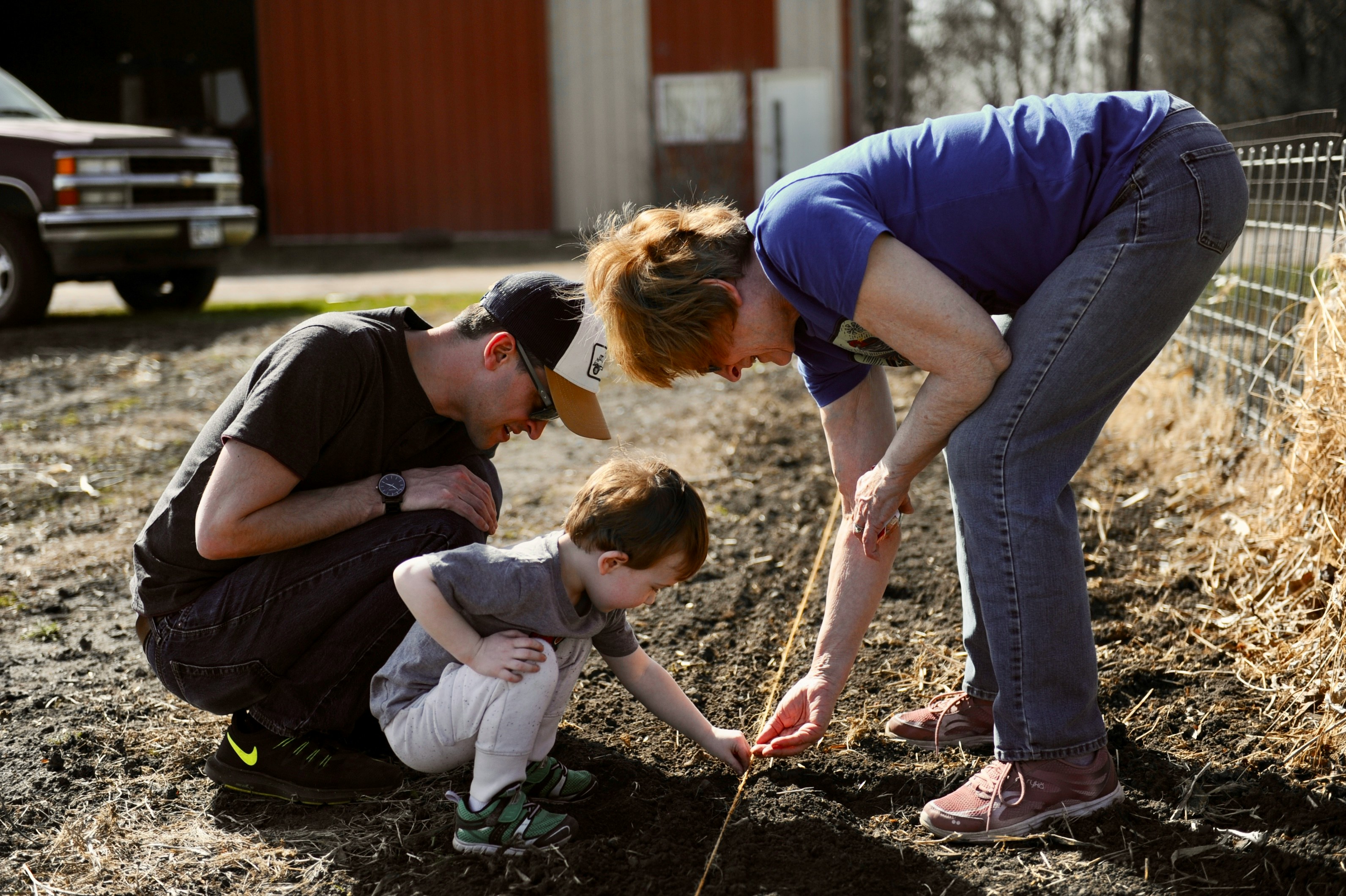
Sustainable Living Tips For A Greener Family Routine
Sunlight streaming through the kitchen window signals the start of a new day and a fresh opportunity to make meaningful choices at home. Each decision, from what goes on the breakfast table to how chores get done, can make a real difference for the environment. When families choose eco-friendly options during ordinary routines—like mornings together, school runs, or weekend cleanups—they teach children the value of caring for the planet. These small, everyday changes keep life running smoothly while helping everyone feel good about their impact, showing that protecting nature fits easily into family life.
Turning sustainability into a daily practice feels rewarding when everyone participates. From exchanging single-use items to organizing a backyard compost pile, small changes add up. This guide provides concrete steps families can adopt immediately, complete with relatable scenarios and real-life examples that demonstrate how easy it is to cultivate a greener routine together.
Understanding the Effect of Daily Choices
Every time we rinse dishes or jump into the car, we influence energy and water use. Recognizing the ripple effect of seemingly small actions helps families prioritize high-impact changes. Turning off lights when leaving a room and washing full loads in the washer reduces utility bills while shrinking our ecological footprint.
On a larger scale, habits built at home influence buying patterns and community standards. Children notice when parents carry reusable mugs to coffee shops or donate clothing instead of tossing it. Such examples spark conversations about resource conservation and foster confident, earth-minded decision-making in every family member.
Eco-Friendly Home Habits
Creating an at-home sanctuary that combines comfort with conscience builds the foundation for sustainable living. Swapping everyday products and reimagining routines sparks real momentum toward greener habits. Let’s explore key practices that make a difference while blending seamlessly into daily life.
- Install faucet aerators to reduce water flow by up to 50% without sacrificing pressure.
- Swap incandescent bulbs for LED alternatives, which last longer and use far less energy.
- Set your thermostat a few degrees lower in winter and higher in summer; using a programmable model ensures consistency.
- Choose natural cleaning products or DIY solutions with vinegar, baking soda, and citrus peels.
- Collect warm water from showers to water indoor or patio plants instead of letting it go down the drain.
Green Shopping Strategies
Turning a shopping trip into an eco-conscious adventure begins with a plan. Preparing a reusable tote and writing a list prevents impulse buys of plastic-packaged items. Families can review pantry staples each week to avoid overstocking and food waste. This saves money and keeps groceries fresh.
Seeking out retailers with clear sustainability commitments also matters. For example, shopping at *Trader Joe's* for loose produce avoids excess packaging, while *Target* now offers refill stations for household cleaners in certain stores. Comparing labels helps families choose items with minimal chemicals and recyclable materials, boosting environmental benefits without complicating budgets.
Getting Children Involved in Sustainable Practices
Children embrace eco-tasks when they feel ownership. Turning chores into fun challenges motivates them to learn while pitching in. You can create a sticker chart for daily recycling or let them design a compost bin with paints and markers. A hands-on approach sparks curiosity and enthusiasm.
Family projects like building a birdhouse from scrap wood or planting a small herb garden encourage responsibility and environmental appreciation. Children track the growth of seedlings and note pollinators visiting flowers. These experiences weave science lessons into playtime, making care for nature part of everyday adventures rather than an extra duty.
Reducing Waste Outside the Home
Adopting zero-waste habits beyond the kitchen builds consistency and confidence. Simple tools like bamboo cutlery, cloth napkins, and railcar-grade containers let families skip disposable items on picnics and road trips. Planning ahead keeps waste out of landfills and makes outings more enjoyable.
- Pack sandwiches in stainless-steel lunchboxes and avoid single-use plastic bags.
- Carry collapsible water bottles so everyone stays hydrated without purchasing bottled water.
- Bring cloth bags for farmers’ markets and corner shops to skip plastic at checkout.
- Keep bamboo utensils and cloth napkins in a travel pouch for quick takeout meals.
- Collect paper receipts in a small folder and digitize them later to reduce clutter.
Practicing these habits outside the home shows children how easy it is to apply green thinking anywhere. It builds confidence to make thoughtful choices and strengthens the habit of seeking sustainable options wherever you go.
Families can create lasting benefits for loved ones and the environment by adopting simple habits. These changes promote a healthier world while maintaining comfort and enjoyment.